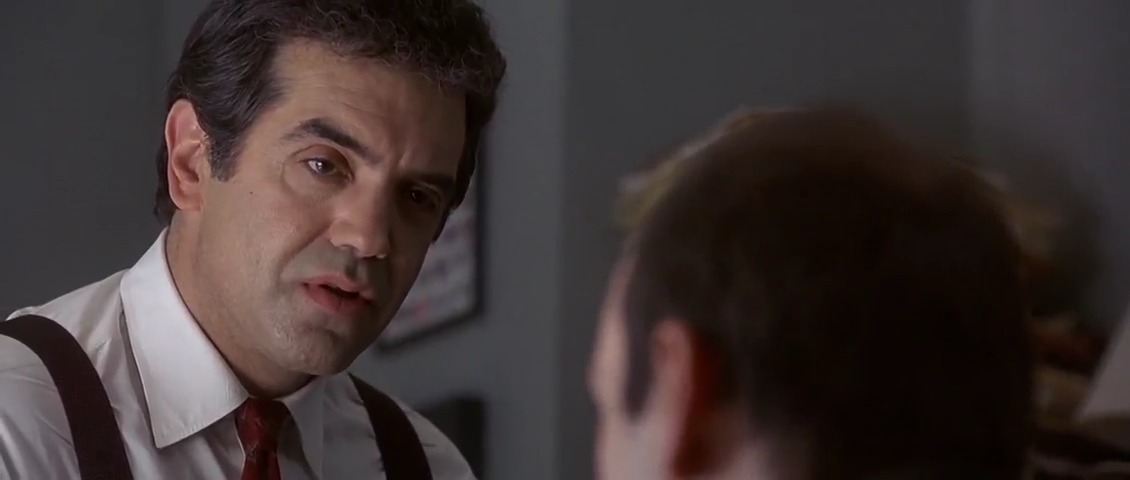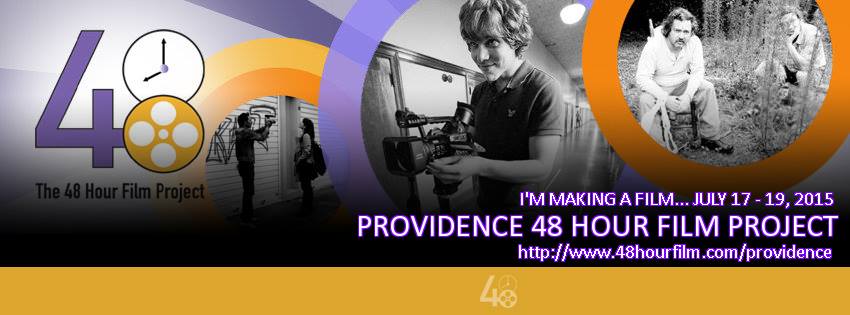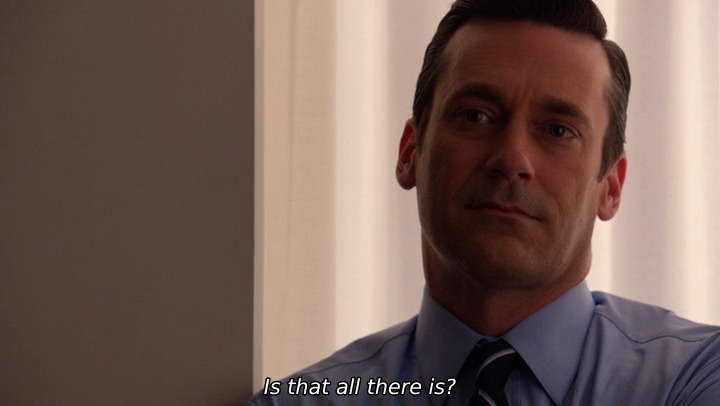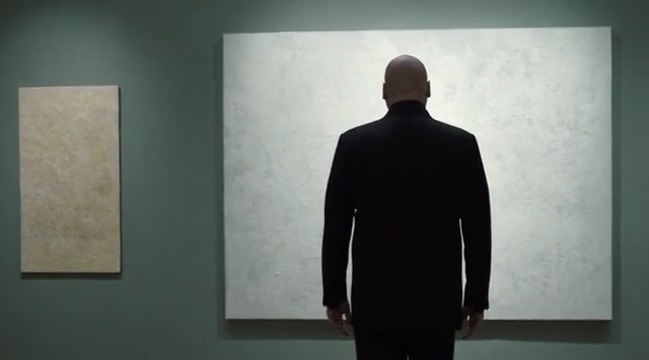One of my favorite thematic plot devices in the medium of film has been “inner story mirrors outer story” (especially across epistemic layers). Bryan Singer’s 1995 neo-noir classic The Usual Suspects is told through a series of flashbacks – and manages to use this thematic device to great advantage.
WARNING: There be spoilers here. If you’re one of the small group of people who haven’t actually watched The Usual Suspects yet, go watch it, then read on. Seriously. Don’t spoil this for yourself.









